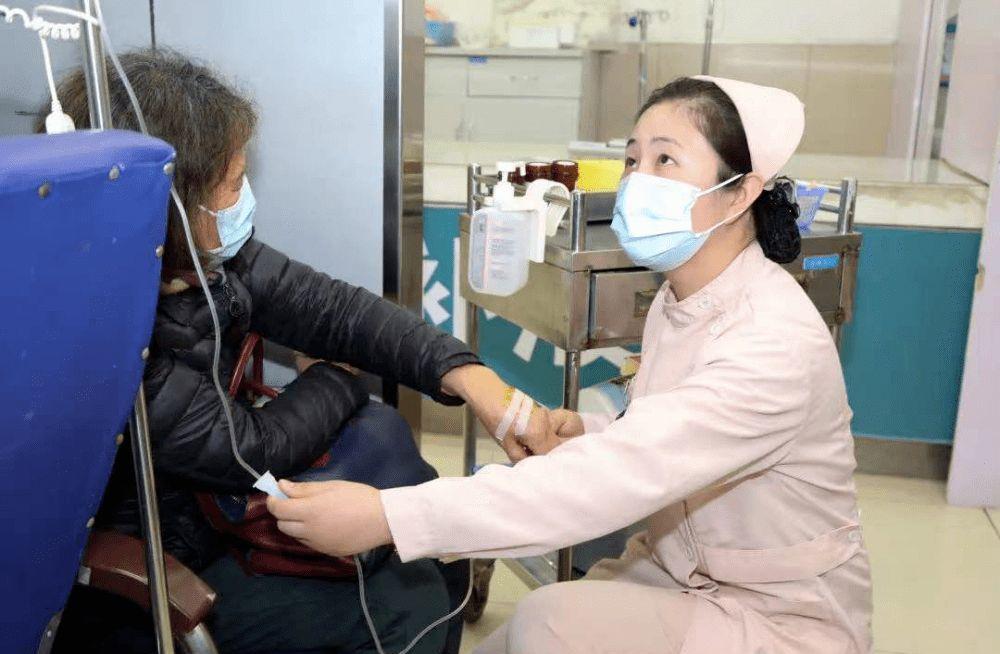Recently, a video of a post-90s mother rescuing passers-by has aroused heated discussion.

Her name is Li Qian, and she is a nurse in the emergency department of Shanghai Sixth People's Hospital. At that time, Li Qian and her daughter were walking on the way home when they encountered a passerby who fainted on the side of the road.
Li Qian, a nurse, did not hesitate, she hurriedly told her daughter: "Baby, you must grab the corner of your mother's clothes, you can't walk away." Then, Li Qian immediately performed CPR and artificial respiration on the patient, waiting until the ambulance arrived.
Netizens have left messages:
"She saves lives, and she also plants the seeds of saving lives and helping the injured in the hearts of children... Hats off to Nurse Li Qian!"
"Moms are really good, the best role models for babies."
"Parents are the best teachers for children."
Yes, parents are the best teachers for children. At home, parents are also the child's first teachers, and the child is like a blank piece of paper when he is first born. In the day and night with their parents, they continue to acquire knowledge and skills to build awareness of things. In the first few years, the words and deeds of parents have the greatest impact on children.
Parents' words and deeds have an important impact on the establishment of children's habits.
At the same age, some children are very hygienic, some children do not wash their hands before eating, and the parents of children who do not love to wash their hands do not pay much attention to hygiene. In the same class, some students read every day, some students can't even write homework well, and the parents of children who used to love to read read will read every day. In the same community, some children will greet acquaintances politely, some children always have dirty words, and the fathers of children who used to say dirty words have the same habit.
From the birth of children to the early childhood, their living environment is mainly at home, and the most contact is with parents. Every word and deed of a parent will have an impact on the child, and the child will unconsciously imitate the behavior of the parent. Therefore, if you want to cultivate good habits for your children, parents themselves should first set an example.
Parents' words and deeds have an important impact on children's cognition.
When children are young, their thinking ability is still developing, and their understanding and evaluation of things will be affected by their parents. There were two children, similar in age, living very close. A child especially likes to eat snacks and eat some every day. The other child regarded snacks as tigers and did not want to eat a bite.
After in-depth understanding, it was found that the mother of a child who loves snacks is not rejected by snacks, and she believes that as long as the amount of food is controlled, it is okay for children to eat some snacks, and eating snacks can also bring happiness to children. The mothers of children who don't like snacks have different attitudes. When the child was very young, the mother repeatedly emphasized the disadvantages of snacking, and later the child rejected the snack as soon as she saw it. There is no right or wrong way they treat snacks, but they have a deep impact on their children.
Parents' words and deeds have an important impact on children's emotional abilities.
A kindergarten teacher said that she found that there was a child in the kindergarten who was relatively emotionally stable, able to calmly cope with problems when encountered, and had better adaptability to the life of the kindergarten. Some children, on the other hand, are always crying because of small things, lose their temper, and do not like to go to kindergarten. During home visits, she pays great attention to communication with parents in this regard, and most of the parents are more honest.
In the end, she found that parents of emotionally stable children rarely lose their tempers, and they behave gently when their children cry, and they accept and guide their children to regulate their emotions. Among the parents of children who like to lose their temper, at least one of them is not very good-tempered, and they have difficulty tolerating their children's crying, and they will always criticize and criticize their children. From this, she concluded that the level of children's emotional ability is directly related to their parents.
Not only that, the child's personality, personality, character, etc. will be subtly affected by the parents. If parents want to educate their children well, it is not how to say it, but how to do it.
The famous educator Makarenko of the former Soviet Union once said: "A parent's requirements for himself, a parent's respect for his family, and a parent's attention to every behavior of his children are the most important and important educational methods for their children." ”
If you want to educate your children well, parents should start with themselves.
This article is original by "Guo Lifang Psychological Studio", welcome to pay attention to, like, comment, the article is not reprinted.